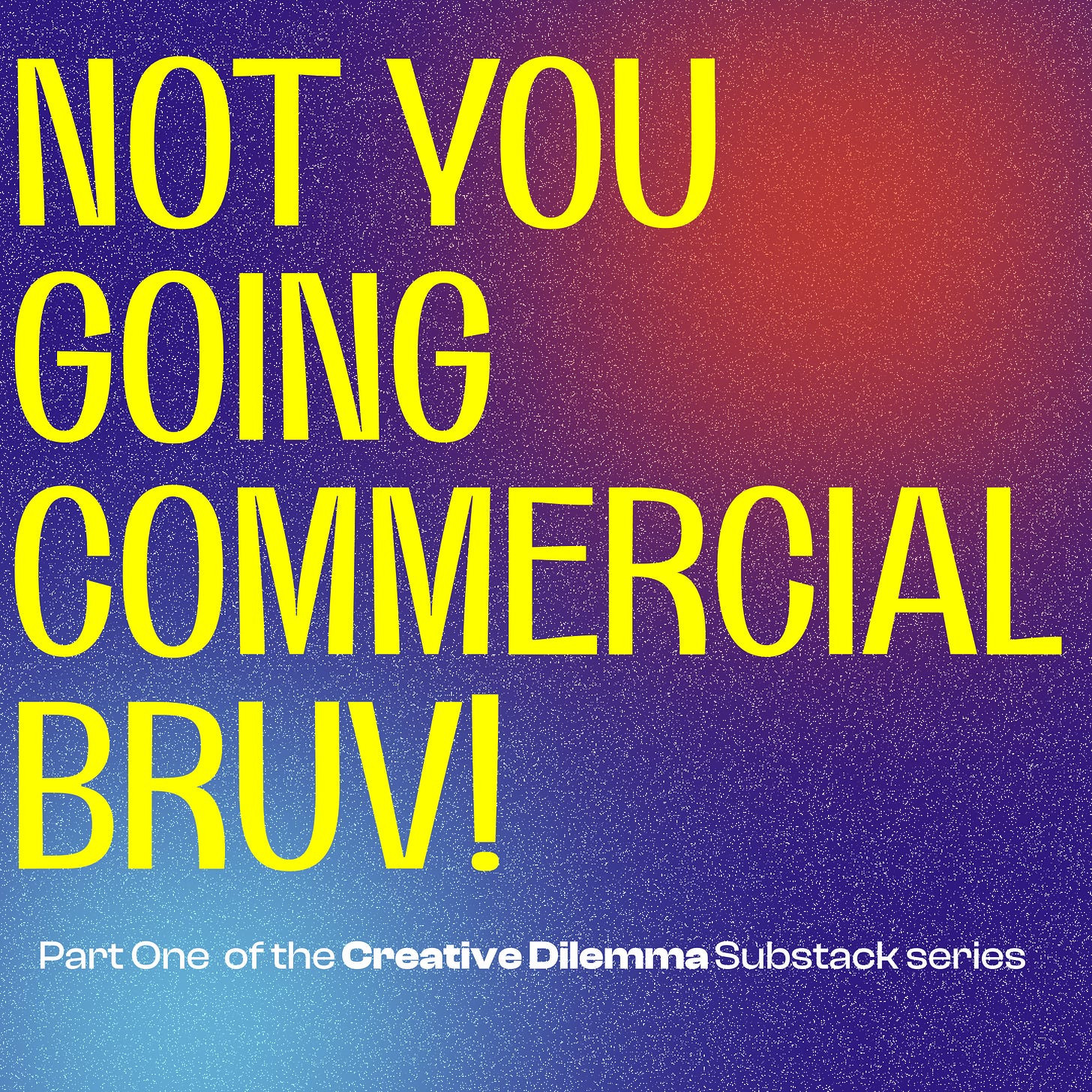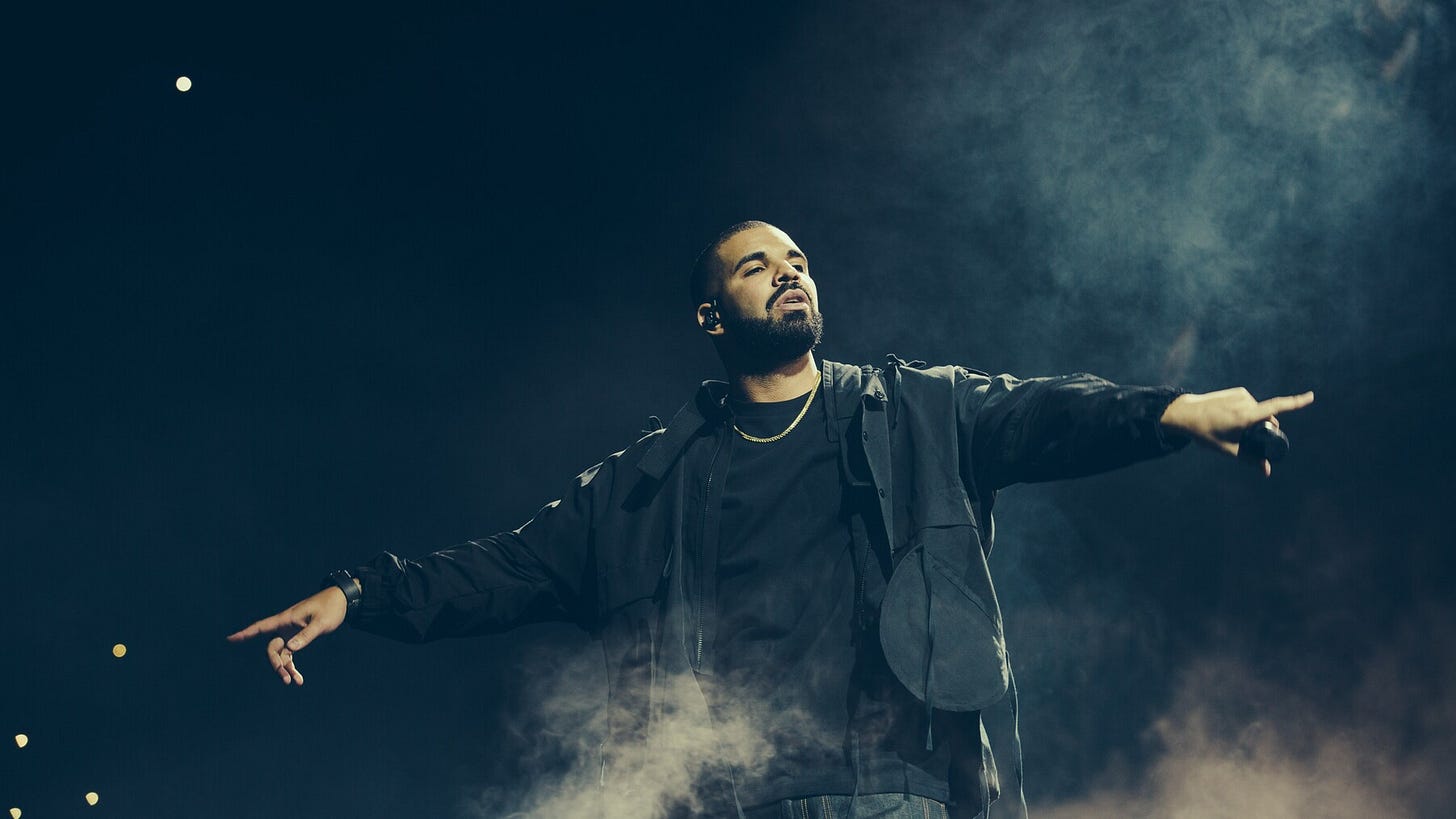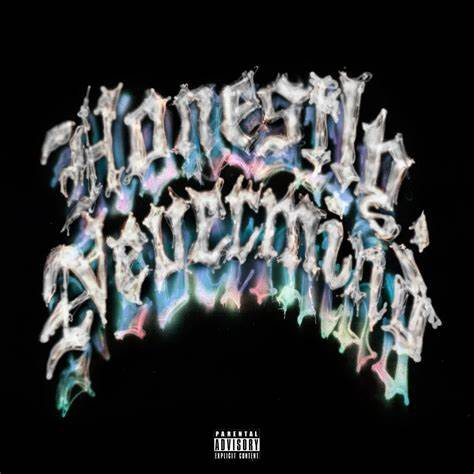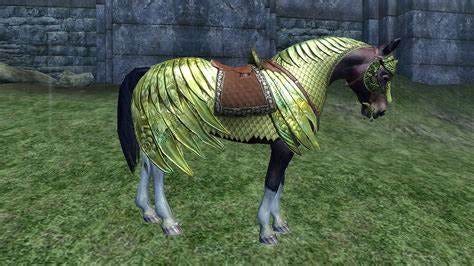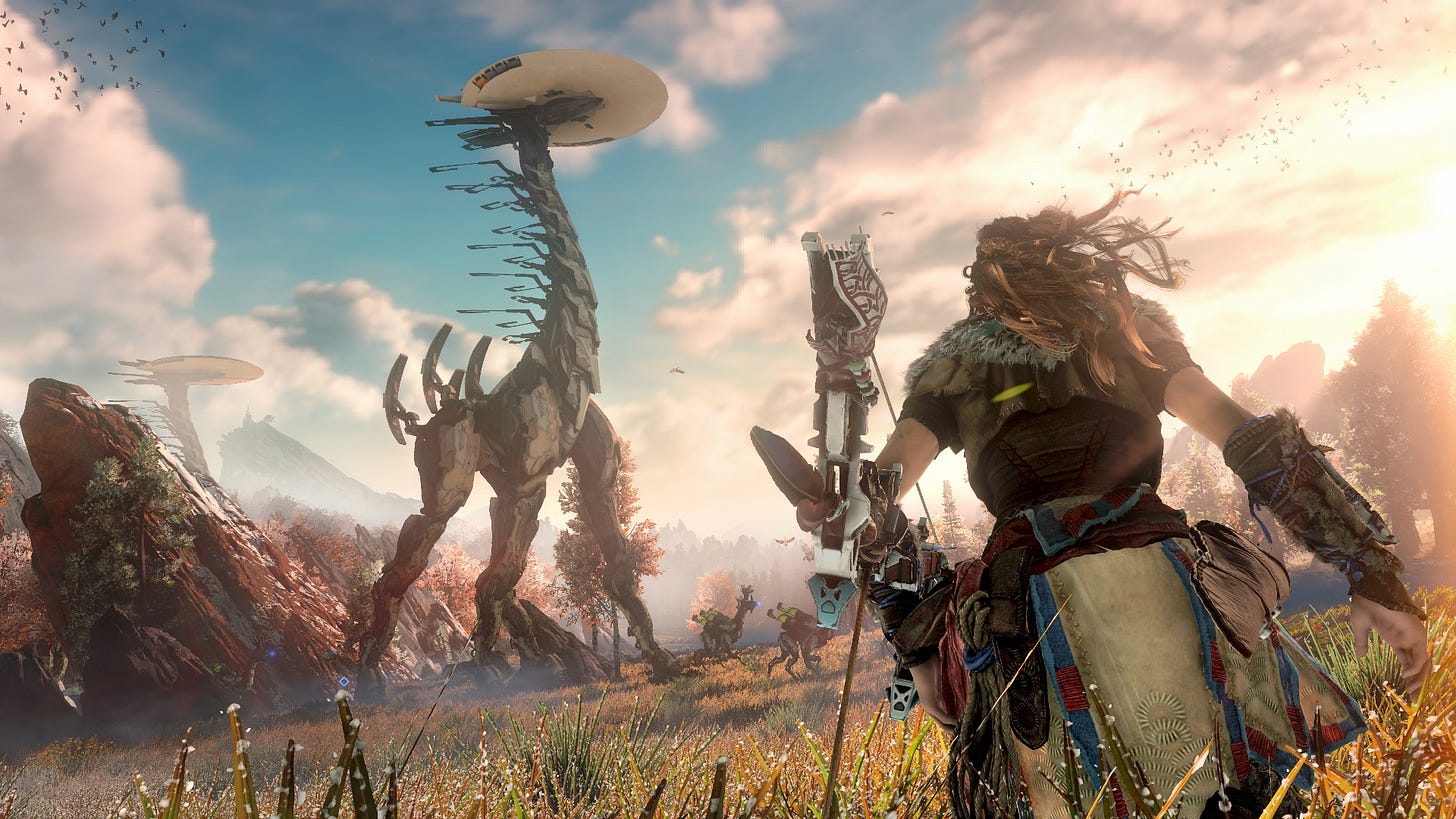Not you trying to go commercial bruv!
What is the commonality between Drake, Brymo and Video Games?
Introduction
Ah, good old money, it makes the world go round and our civilization and economies tick and gives a sense of drive and passion that makes us achieve things that feel impossible but we know are necessary for survival and status. Money is a key element in any human society. It facilitates the exchange of ideas, products, etc. across different cultures.
The worth of those ideas is placed on the perceived value of those ideas, products,
etc. to the human element. Products/ideas that impact the world might not always be the most technical or the most advanced (“coughs” Penicillin) but they thrive due to their perceived and objective value to human society and mankind.
Over the years I have noticed a little dilemma between creatives and money, dilemmas may be old or new but are known to divide and cause conflict. It could lead to many different ways but I am exploring different sides or elements to this "problem" and maybe we can come to a compromise. Okay then, let's start with that "owl" fellow
DRAKE
Right off the bat, I am going to be very honest. I am not a very huge Drake fan. I know some hits that he released and that's it. I am not a "stan" and also I am not deep into the Rap industry. This could make me unqualified to even discuss this topic but something intrigued me about Drake a year ago, when he released an album that even made his biggest fans complain. It was called "Honestly, Nevermind".
This album piqued my interest not because of the lyrics but the sound. It sounded different unique, distinct from the rest of the industry but still familiar. Some call it the "Forever 21 Sound". It begs a question, why the sudden drastic change to the formula? The thing about Drake is well, he has perfected the marketing game. Some could say, that he has gone "commercial". In translation, he knows how to make musical products that are meant to reach a mass market of people even if it means that he doesn't project deep philosophical meanings in his music(His fans have been noticing this recently). Remember "Hotline Bling". It was one of his best songs commercially but did he really rap a lot in that song or just perform a few dance moves and say a few lines about telephone bling? Check the video below
I know it sounds cheesy but 1.8 billion viewers don’t mind
This is not a one-off though. "In My Feelings", "Toosie Slide", and "God's Plan", are songs that are meant for popular culture through their use in memes and even creating social media challenges for people to perform. This is done through the use of aesthetics, beat patterns, or certain wordplays that appeal to a large demographic which can be marketed to and yes, make a lot of money too. Once noticed, this can be used to interpret his recent releases. This is why most musicians infuse certain phrases, slang, or keywords to attract a certain audience for wider popularity. The thing is Drake comes up with unique ones that set trends and he adapts to existing ones too It makes sense and I will state this which might be used in the future to slate me but I would admit that Drake is a "marketing and musical genius". He knows how to tap into younger audiences and understand what they want and put the right songs with the right wordplay that can create trends, discussions, and most importantly, still make him culturally relevant in the modern age.
This has brought a little creative conflict though, there has been a history of using rap to recognize social or economic problems and bring them to the fore with lyrical wordplay. This is why if you notice a trend about modern rap fan culture, there is an overt focus on super 'deep' wordplay and dark broodings. In other words, they only respect artists that give dark and deep renditions through their music TL: DR music that makes you think. This is not a bad thing though and this is called "Conscious Rap". The issue is whether this is commercially viable or profitable long term and an it also be popular too
Let's identify a simple consumer scenario, a person just had a long day at work and wants to relax or unwind. Is the person going to pick the music that makes him think or the one that makes the person dance and sound a little upbeat about life? Just a thought, what if the current hip-hop makers or fans have forgotten what made the genre relevant? The reason why hip-hop became popular worldwide was that it made people dance, became a temporary relief from life's troubles, and was made interesting with the usage of upbeat melodies and interesting hooks, lines, or bars.
The biggest artists e.g. Snoop Dogg, Missy Elliot, 2Pac, Notorious B.I.G, etc. from this era created music that was enjoyable and most importantly that you could react and dance to. The funny thing is most of these artists had a unique way of blending conscious rap or hip-hop with a unique sense of levity and fun that gave it a unique feel. I think modern hip-hop has lost the fundamental principles that made it successful in the first place and tries to appeal to a past that was lost in translation. TL: DR it was the dance and the vocals that made this genre relevant(quote)
There could also be a bigger discussion between how the R&B genre has been on a decline in terms of quality and artists (Why do you think Usher is the only one still relevant today?) and how it has affected new Hip hop tracks because the majority of the best Hiphop tracks sample R&B songs but that will be for another day.
Most people may refer to Drake as someone who is all about trends and what not but you can't deny that he knows how to identify new genres (e.g. Afrobeats, House) that can create that feeling of movement that appeals to a mass demographic which still leads to hits and cultural recognition. A modern dilemma, you could say. This brings me to another artist who is a little controversial on the other side of this debate.
BRYMO
Brymo (**Olawale Ibrahim Ashimi**) is a peculiar type of artist. I call this type of artist the purist artist. The artist which focus is based on creating music that brings deep philosophical thoughts and intellectualism. This artist also hates music that is aimed at the lowest common denominator and seeks to elevate the social conversation in his environment through his music.
Sidenote: I am not a huge fan of Brymo and probably after publishing this piece, he will block me on Twitter but it is worth it in the end.
This type of music is all well and good and it has its fans too. The dilemma with the music is well among his fans is why isn't Brymo appreciated more in his home market(Nigeria) i.e. why isn't he selling a lot of records? After all, his music is deep, and insightful and talks about his nation's problems too. They call his music "authentic" which means only people who truly understand music and its peculiarities can ever appreciate what Brymo releases. Carving a musical niche to appeal to high intellectual types and people who tend to have similar views is all well and good but it doesn't make you popular with the broader public.
He bears parallels with Nas in the sense they are known for their intellectual and "authentic" music but have poor commercial sales compared to their peers. Being fans of both artists gives a sense of musical elitism that makes them superior to the rest of the local rabble. This blinds them from understanding how people work and what moves them to create art that appeals to them with an infusion of their unique artistic tendencies. This is an artist who sang "Oleku", a genre-defining song that is still referenced in his home country to date. Do the fans ever wonder what made that song popular or just want to be placed on an elevated pedestal so they can easily criticize others about how they misuse the musical genre?
This is the thing, I do get the point that the Nigerian music industry tends to appeal way too much to the lowest common denominator. This is pretty obvious if you have a good listening ear. Human nature is human nature after all. The thing is from experience great artists can blend what the public wants and also elevate it to something profound and transcendental. That's why their works are timeless and impact the world today. Most artists fall into this "authentic" trap because either they don't understand the environment they are in or just want to create a pedestal to prove they are the real "musical tastemakers".
Elite placement so to speak, the issue I have with them is why are they so angry at other artists who successfully appeal to a bigger audience through their musical styles and call them "inauthentic" because they didn't add a dissertation on Kant in their music. A dilemma so to speak which brings me to a platform that has some teething issues as we speak.
Videogames

Games! Games GAMES!. Videogames have consumed our world with mobile hits such as Candy Crush, and Pokemon Go, and console standbys such as GTA, Call Of Duty, and Assassin's Creed. What was once a local hobby between young guys and their PCs has become a global phenomenon with a large fanbase around the world. In other words, video games became cool for everybody to participate in and this massive shift has come with a price. Also, the industry suffers from a neediness to prove that it is a highly transcendent art form which makes it even ask Hollywood for pointers (even though they make more money than Hollywood could ever dream of) and it gets stuck in several quagmires. Let's go through some, shall we?
Easy mode for all.
Early video games for the most part were very difficult to grasp. Most of them had a philosophy easy to learn, and hard to master. Video games during that era had a medium difficulty curve but made it worthwhile when mastery was achieved. Nowadays, things have changed drastically. Popularity does have its price after all. Items or skill sets that you had to earn after completing certain side quests in the old era, now you can just buy a weapon or variety pack to get that. Want to get an awesome character skin, why complete a quest when you can buy it for just 2$?
Makers of Video games nowadays either make their difficulty more accessible to the general public or sell DLCs (downloadable content) for new consumers to easily level up and gain progress. Some of these new patterns in video game creation are also society-induced. The majority of the demographic that should be playing video games either have kids or highly intensive jobs. So they can hardly dedicate enough time to get into the game, enjoy the intricacies, and embrace the difficulty of such games. So DLCs are basically an industry-approved solution for this problem and best of all they make money too. Win-win for the corporate execs and the casual consumers.!
Stagnation and sequels.
Despite making huge profits from these new commercial innovations, the video game industry is in a creative rut. There is a sense of stagnation in the games industry. There is a huge proliferation of sequels, remasters, graphic remasters, and Skyrim. Why is this so? Game developers find it hard to experiment in this new consumer landscape because well, games are expensive to make. Also, even if you put out a game with a competent gameplay loop and good marketing doesn't guarantee commercial success. It is tricky and dicey so they have a tendency to play it safe. Why try and produce a new risky IP(Intellectual Property), when I can just make a new GTA sequel that is guaranteed to make profits and sales? Creating new franchises involves a lot of risk and if not careful, can end a game company forever due to bankruptcy. The thing is the video game industry is always ripe for new categories or new gameplay that will change the scope of the industry and create experiences that will be cherished by generations to come. The problem is the big boys are scared to make a play and stagnancy sets in. That's why the indie scene has seen a resurgence lately and games that do just something fresh always get huge acclaim and sales. The hunger for newness exists and is rife if only the industry can feed it.
Money Money Money
Purists of video games have started noticing this trend where their favourite games are being commercialized to infinity and how the casual demographic has made game developers change or adapt their core gameplay for better or for worse. They are long YouTube documentaries or essays on this topic. There is also nostalgia for the good old days when gaming was still a niche but a very engaging experience that created childhood memories that will forever be cherished. Well, there was also a minor but important detail that made game developers a little greedy.
Rising Costs!
In every game ad that comes out, there is always a spot to emphasize how the graphics have improved. Oh, this game supports 4K or it supports RTX Graphics at 120fps (*coughs*). Casual Gamers do like the improved graphics bit and this is seen as a checklist on whether to purchase a game. The issue is well graphics cost money and you have to pay salaries and also you have to create that fancy new engine that's going to support that open world and you still have to pay back your shareholders too. That got a little complicated. Also, the next sequel or the next game must have bigger open worlds, vastly improved game mechanics, better textures, and so on. This isn’t cheap by any means and they look for ways to supplement this by charging for DLC or making the game accessible to all audiences which can make the game lose its authenticity all for more sales. It is a pickle that the games industry is in. It has to balance the needs of different demographics, create competent games with good gameplay to be played, and still fulfill their financial obligations to their respective parties.
In the coming years to come, video game makers have to balance the commercial interest of their ideas with their consumer’s expectations. It also has to be careful not to over-commercialize the core aspects of its products or it will backfire badly on them due to new competition and ideas. A dilemma like no other.




